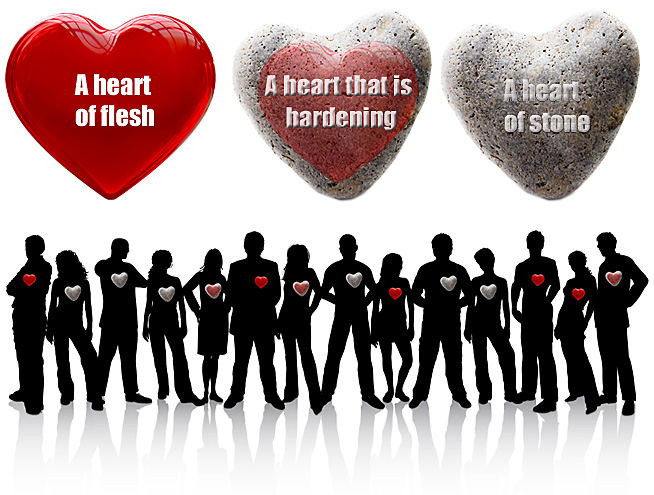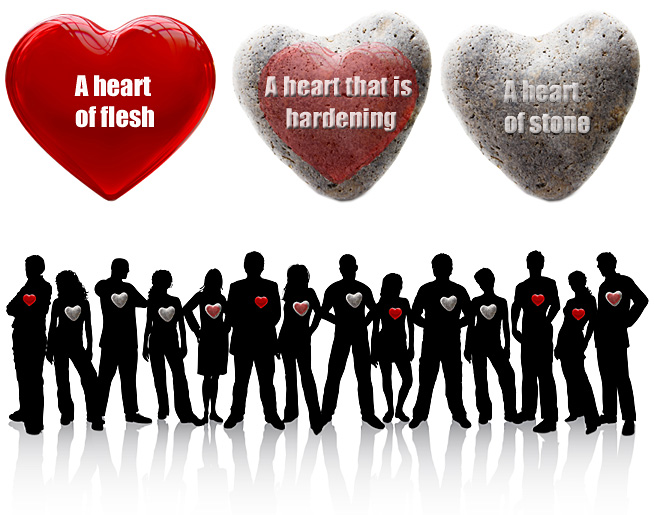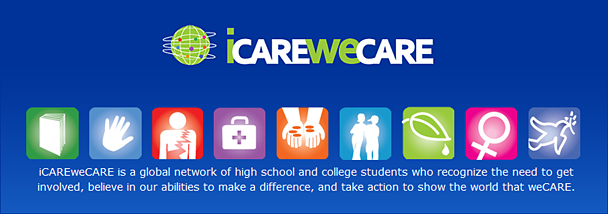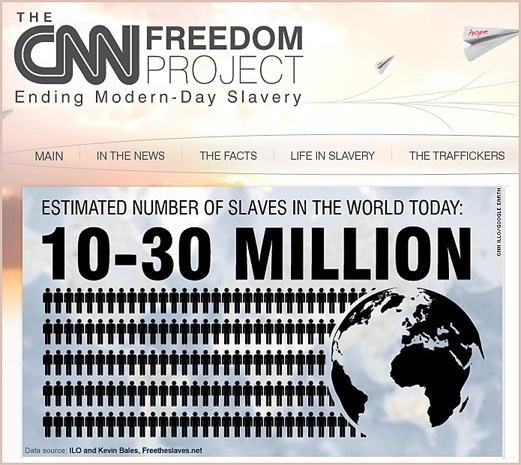Stopping the ‘brain drain’ of the U.S. economy — from NPR
Excerpts:
“The problem is that when you’ve got 20 to 30 percent of some of the top talent in this country going into a sector that is not necessarily contributing to economic and social productivity,” he says. “That’s a problem for the country at large and it’s something that we should all be concerned about.”
…
Economist Paul Kedrosky with the Kauffman Foundation says elite schools sending a bigger share of their graduates into finance and consulting is not new; they’ve been doing it for at least two decades. Kedrosky tells NPR’s Raz that what’s different now is that those students have essentially used their talents to grow the financial sector in ways that are unhealthy for the overall economy.
From DSC:
Some relevant scripture comes to my mind — which I, myself, also have to reckon with (these are hard teachings, especially in this day in age…but on second thought, in any age for us humans)
For where your treasure is, there your heart will be also.
No one can serve two masters. Either you will hate the one and love the other, or you will be devoted to the one and despise the other. You cannot serve both God and money.
For the word of God is alive and active. Sharper than any double-edged sword, it penetrates even to dividing soul and spirit, joints and marrow; it judges the thoughts and attitudes of the heart.
“For the word of the LORD is right and true; He is faithful in all He does. The LORD loves righteousness and justice; the earth is full of His unfailing love.”
.
From DSC:
One last, relevant reflection here…
I’ve been wondering about the place of the heart when it comes to capitalism. I was listening to Gary Hamel earlier today — Gary is author of the new book, What Matters Now (thanks to Daniel Pink’s Office Hours) and one of the items Gary mentioned was the need for a moral renaissance in business today. The comments were that:
- Capitalism requires that the most powerful players act as guardians, stewards, and are accountable, equitable, and charitable; they can and do deny their self; leaders must see themselves as stewards instead of just maximizing short-term gains
- Without those morals, there is egregious behavior
Values and principles are key to our economy and our nation.

Addendum on 3/1/12 pointing to the relationship and relevancy of our hearts as they relate to capitalism:
- U.S. News: Rich People Cheat, Study Shows
Study: Rich people more unethical?
A new study out of UC Berkeley shows rich people are more likely to cheat and lie. Find out theories on why.











